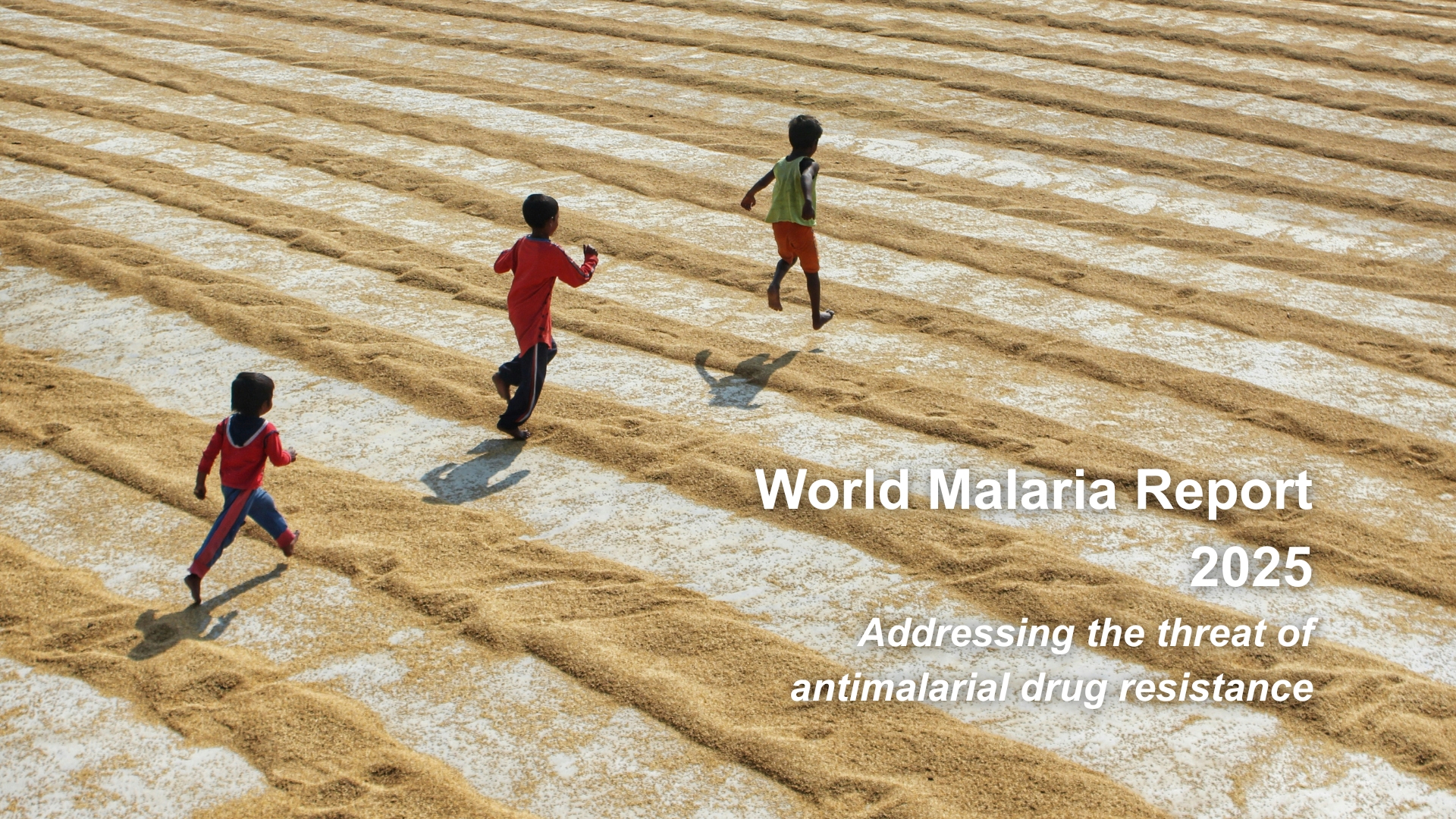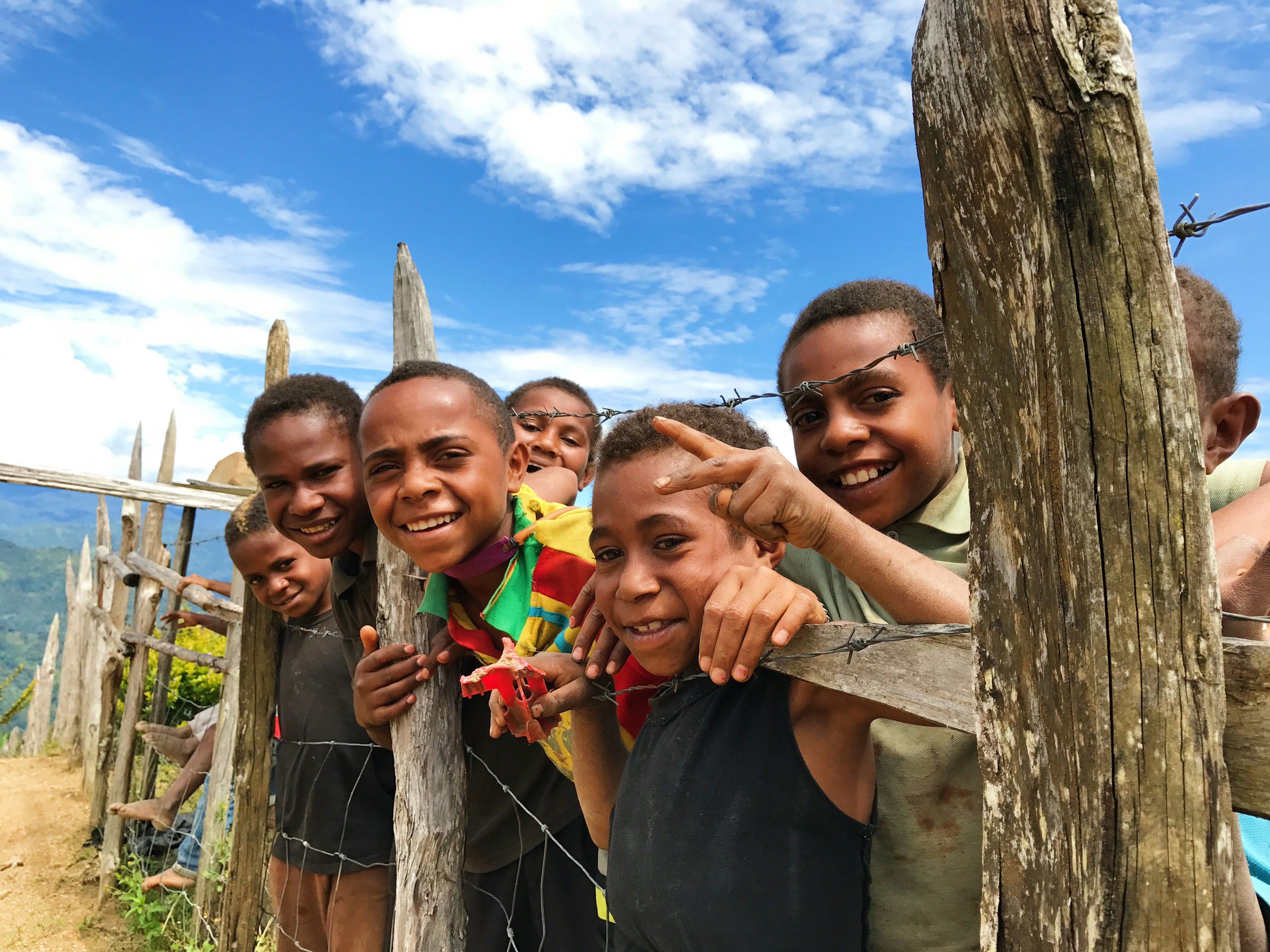
Remarkable development progress has paved way for inclusion of Solomon Islands on a shortlist of countries slated for graduation from Least Developed Country status. The United Nation’s recommendation is an indication of the country’s recent improvements in health care, education and national earning power.
In preparing for resulting shifts in trade preferences and aid funding, Solomon Island’s leaders are acknowledging the need to rid the country of malaria once and for all.
“Malaria has ravaged my people since the beginning of time,” said Hon. Rick Houenipwela, Prime Minister of the Solomon Islands. “I, myself have had malaria more times than I care to remember.”
Despite a five-fold decrease in malaria cases in the country over the past 25 years, burden of the disease remains one of the highest outside Africa.
“In the Solomon Islands, we are also proud of our progress. With support from partners, we have reduced the number of cases from an unbelievable peak of 450 per thousand in 1993, to 80 per thousand last year,” added the Prime Minister. “With this success on the ground we can now begin to dream of a different future.”
At the Commonwealth Heads of Government Meeting held in London earlier this year, the Solomon Islands reaffirmed its commitment to eliminate malaria completely by 2030. Alongside the Prime Ministers of ‘blue continent’ neighbours Papua New Guinea and Vanuatu, Prime Minister Houenipwela endorsed the Asia Pacific Leaders’ Malaria Elimination Roadmap as a framework for shared action.
“We are committed to the APLMA Roadmap’s six priority areas and call for a rapid and sustained scale-up effort in the Mekong region to prevent the spread of drug-resistant malaria.’’ said the Prime Minister.
There are encouraging signs of ongoing progress against malaria in the geographically diverse Pacific nation. Following a strong commitment to a ‘test before you treat’ policy, the proportion of malaria cases accurately diagnosed before treatment increased from 46% in 2015, to 73% in 2016 and 92.5% in 2017. This helps ensure that patients presenting with symptoms of fever receive appropriate and effective medicines.
Nevertheless, the latest World Malaria Report estimates that there were around 86,000 malaria cases in Solomon Islands in 2016.
Solomon Islands is one of the world’s most aid-dependent nations, and assistance from international donors has been particularly visible in the health sector. Foreign aid for malaria was prominent since 2003, when the Global Fund to Fight AIDS, TB and Malaria first invested in Solomon Islands, and rose again after 2007 when the Australian Government’s Pacific Malaria Initiative was launched.
The Solomon Islands Ministry of Health and Medical Services was the Principal Recipient of a Global Fund grant supporting malaria control efforts that commenced implementation in January 2015 and concluded in December 2017. A new three-year grant of over US$ 4 million started in January 2018.
As the last mile of malaria elimination approaches, the type of financing required is shifting away from vertical disease-specific programmes, towards a greater focus on achieving universal health coverage, as well as promoting access to and integration of health services more broadly.
“Over the past decade, my government has allocated a full 12% of our budget to the health sector. It’s one of the highest in the world, but still not enough,” stressed Prime Minister Houenipwela. “We are grateful for the continued support from the Global Fund, and from Australia. We now ask others to join us in this fight.”
“I am also encouraged by the new partnership between the Global Fund and the Asian Development Bank," the PM added. "This partnership will offer the region new ways of reaching the SDGs, by investing directly in results.”
The ‘Blended Finance for Impact’ is a partnership between ADB, APLMA and the Global Fund with the vision to establish a new era of collaboration between health financiers in Asia; facilitate transition from grant funding for malaria and other communicable diseases; and expand country-led health financing.
The Prime Minister’s remarks came during a high-level roundtable meeting that took place alongside the UN General Assembly taking place in New York. Entitled ‘From high burden to high impact: Getting back on track to end malaria’ the event highlighted effective approaches for getting malaria high-burden countries back on track to achieve agreed malaria targets. It also aimed to strengthen country leadership and promote the rational use of resources to in order to accelerate progress to ending malaria.
The event was cosponsored by The Kingdom of Eswatini, The Federal Democratic Republic of Ethiopia, The Republic of Ghana, The Republic of India, The Republic of Mozambique and The Solomon Islands. It was supported by the African Union Commission, the RBM Partnership to End Malaria, the World Health Organization (WHO), the African and Asian Pacific Leaders Malaria Alliances (ALMA and APLMA respectively) and the United Nations Foundation.
.svg)


.jpg)






